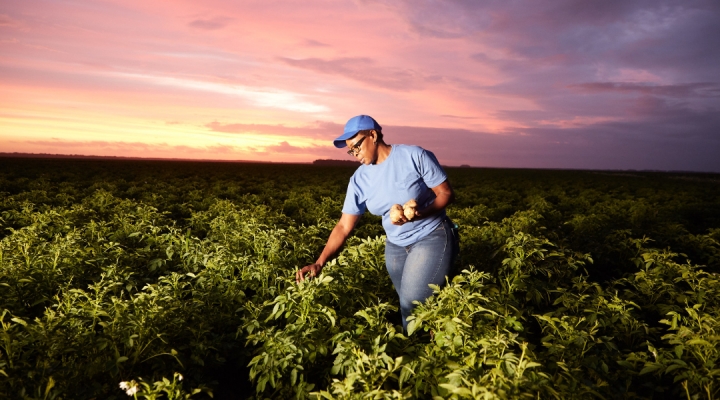
Water Conservation: 7 Simple Ways to Save Water at Home and in Your Business
Water is one of our most precious resources, yet it is often wasted without thought. ...

Jim Andrew, Executive Vice President, Chief Sustainability Officer of PepsiCo, said eliminating emissions on farms is essential to its ability to meet its net-zero goal, particularly as about one-third of its annual emissions come from its agricultural supply chain.
PepsiCo sources over 25 crops across 30 countries and supports more than 100,000 agricultural jobs, he said.
“We need to break the mould and establish creative, long-term partnerships with suppliers, pre-competitive cooperation with other companies, alliances with governments, and non-profits to step change the speed and scale at which we can implement climate-smart agriculture.”
“Over the years, we’ve learned that three things need to happen for farmers to adopt regenerative agriculture practices. Financial programs need to be created to help de-risk a farmer’s transition. PepsiCo is helping with cost-share programs and creating new carbon markets and farmer loan programs through strategic partnerships,” he added.
“However, money is not enough on its own, so the second thing we need to provide is technical assistance, sometimes including agronomic advice tailored to each farmer’s individual fields and crops. Finally, farmers need to be part of a community of peers who are trying similar things and can share learnings. No one organization can address all of those needs on its own – it will take partnerships and collaboration to deliver the holistic package of support that is needed, but when that happens, we believe that farmers will be more resilient, crops will yield more, and our planet will reap the benefits,” he highlighted.
“As we continue to take action to achieve PepsiCo’s climate target and reduce on-farm emissions, one thing rises to the surface again and again – forming robust, cross-sector partnerships is essential. We need people to work with people they’ve never worked with before. Regardless of industry, decarbonizing is incredibly complex, and creative collaborations will enable us to reach the world’s 1.5-degree target, together,” he concluded.
Countries, companies and farmers are taking big bet strategies to unleash this potential. Still, scaling their efforts will take many more bold and smart partnerships, unlocking capital investment, adopting fit-for-purpose technology solutions and courageous leadership.
Climate-smart and regenerative agriculture measures designed to put farmers at the center can improve crop yields and turn farmland and pastures into carbon sinks, reverse forest loss, optimize the use of nitrogen-based fertilizers and rethink global and local supply chains to be more sustainable, reducing waste.
اترك تعليقا